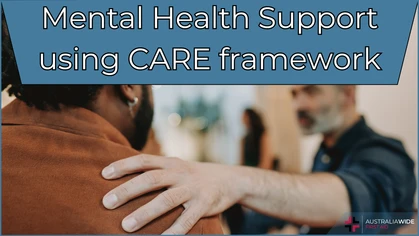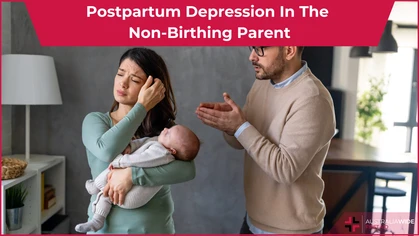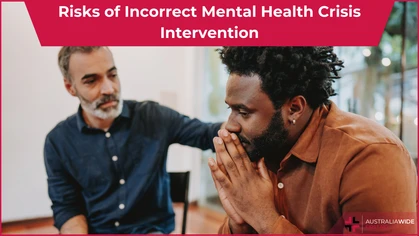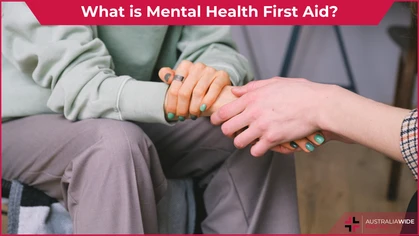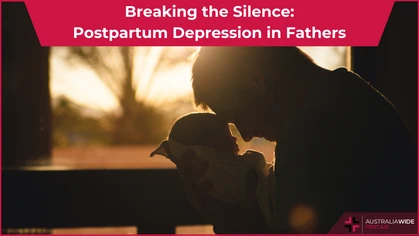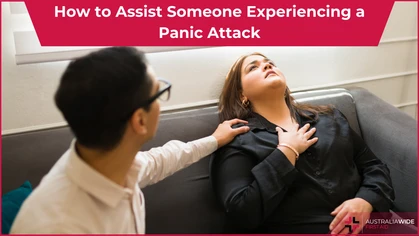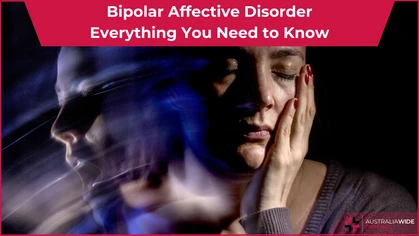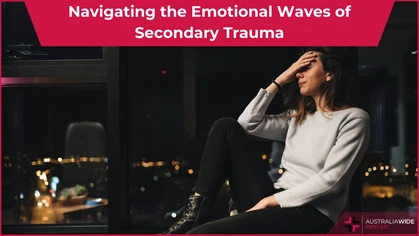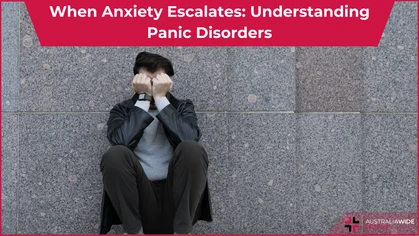17 Tips for Managing the Holiday Blues

Mental Health
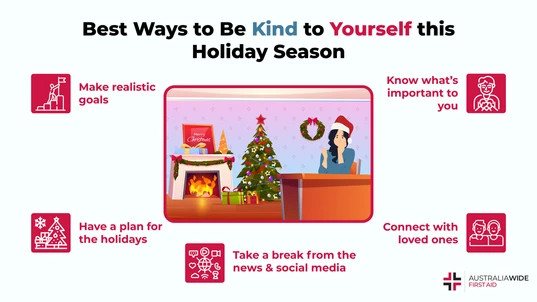
During the holidays, some people can experience feelings of stress, loneliness, and depression. This condition is colloquially termed the 'holiday blues'. However, there are several coping tips available to help you enjoy the holiday season.
The holiday season is a time when we are supposed to be celebrating with our friends and family. However, for some people this can be a very difficult time. This is because the holidays can be a reminder of all the things that we are missing in our lives. The holiday blues can make us feel lonely or isolated, and the happy celebrations around us can make us feel even more sad and alone. Additionally, the holiday season can be very stressful as we try to fit in all of our shopping, wrapping, and planning into a short amount of time. All of this stress can lead to depression and anxiety. That is why it is so important for us to support each other during this time. We need to reach out to those who may be feeling lonely or isolated, and let them know that they are not alone. We also need to take care of ourselves during this time, by getting enough sleep and exercise, and by taking some time for relaxation. If we do these things, then we will be able to enjoy the holiday season much more fully.Tips for Managing the Holiday Blues
Managing the holiday blues can be tough, but there are ways to cope. Here are 17 tips for managing the holiday blues:- Be realistic about your expectations. The holidays are often portrayed as a time of happiness and joy, but for many people, they can be stressful and difficult. Accept that not every day will be perfect and that's OK.
- Set realistic goals. Don't try to do too much or set yourself up for disappointment by having unrealistic expectations. This can cause more stress and make the holiday blues worse.
- Make a plan. Having a plan can help you stay on track and avoid getting overwhelmed. Write out what you need to do each day or make a list of things you want to accomplish during the holidays. When it is the holiday season, it is super easy to get swept up in all of the shopping and preparations. This can often lead to more stress and anxiety. So, try to set a plan for yourself and make a plan of what you want to accomplish each day. This will help you stay on track and avoid getting overwhelmed.
- Take some time for yourself. Yes, the holidays are a busy time, but you shouldn't be so busy that you don't have time for yourself. Make sure to schedule in some "me time" every day, even if it's just for 15 minutes. This will help you relax and recharge, so you can better handle the holiday stress.
- Limit your holiday activities. Don't try to do too much. Choose a few holiday activities that you really enjoy and focus on those. You can decide on these activities by working out what your holiday priorities are - Is it to spend quality time with the family? Do some wild activities you don't normally get to do? Or just sit back and chill out for while? Answering these questions will help you work out your holiday priorities. From there, you can limit your holiday activities to just the things that are really important to you and that you will enjoy.
- Connect with loved ones. Spending time with loved ones can help reduce stress and promote positive emotions. Whether you're spending time in person or connecting virtually, reach out to the people who matter most to you.
- Volunteer. Giving back can help you feel good about yourself and make a difference in your community. Find a local organization that needs volunteers and give your time during the holidays.
- Exercise. Exercise releases endorphins, which can improve your mood and help reduce stress. Even a moderate amount of exercise can make a difference.
- Get enough sleep. Lack of sleep can worsen symptoms of anxiety and depression. Make sure you're getting enough rest by going to bed and waking up at the same time each day and avoiding caffeine and alcohol before bedtime.
- Eat healthy meals. Eating nutritious foods helps your body function at its best. Fuel your body with fresh fruits, vegetables, whole grains, and lean proteins. Avoid processed foods and excessive amounts of sugar. But remember, the holidays are also a time of sharing food with your loved ones, so just remember that moderation is key!
- Limit alcohol consumption. Drinking alcohol can worsen symptoms of anxiety and depression. If you do drink, do so in moderation and make sure you have a designated driver.
- Avoid using drugs. Drugs can interact with medications and exacerbate mental health conditions. If you're struggling, reach out to a mental health professional instead of self-medicating.
- Connect with a therapist or counsellor. Talking to a therapist or counsellor can help you manage stress and learn healthy coping strategies. If you don't have access to mental health services, there are many free online resources available.
- Join a support group. There are often groups available to help people cope with specific mental health conditions, such as anxiety or depression. Joining a group can provide social support and allow you to share your experiences with others who understand what you're going through. Since COVID-19, the options for support groups have widened to include online support groups much more commonly.
- Practice relaxation techniques. Relaxation techniques, such as yoga, meditation, and deep breathing, can help reduce stress and promote feelings of calmness and well-being. This is because they help you to focus on the present moment and clear your mind of intrusive thoughts.
- Take a break from the news. Constant exposure to negative news can worsen anxiety and depression. Take a break from the news and give yourself a break from all the negativity.
- Don't live on social media. Social media can give you a distorted view of reality and make you compare your life to others'. If you're feeling down, take a break from social media and focus on things that make you happy.
Conclusion
The holidays are a time for family, friends, and good cheer. However, for some people, the holidays can be a difficult time. If you're struggling to cope with stress or depression, don't hesitate to seek professional help. A mental health professional can provide support and resources to help you feel better.Recommended Resources
For more information on how to help someone during a health crisis, book a First Aid course with us today. And if you are interested in finding out more about managing your mental health, check out the following articles in our Resource Library:
Originally published at
https://www.australiawidefirstaid.com.au/resources/managing-the-holiday-blues
as part of the Australia Wide First Aid Articles Library

